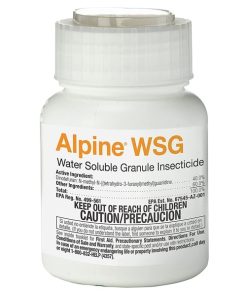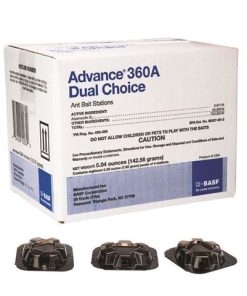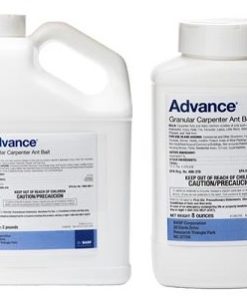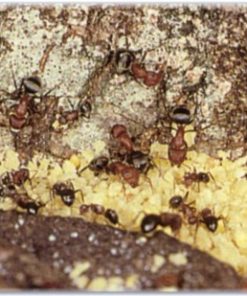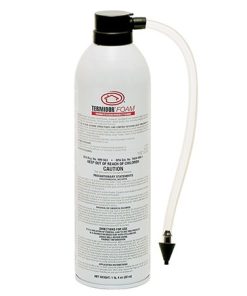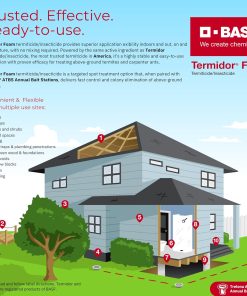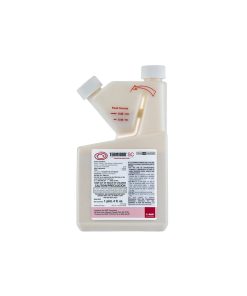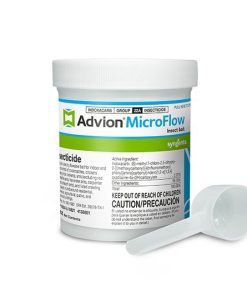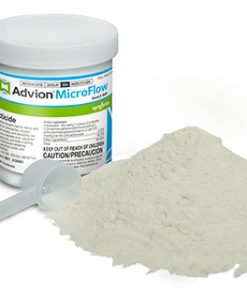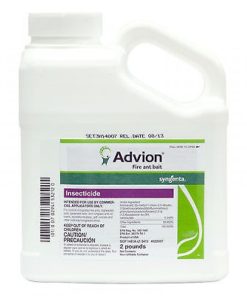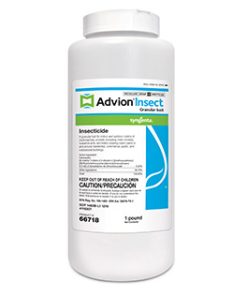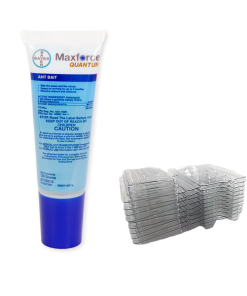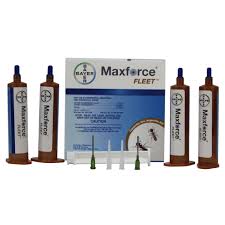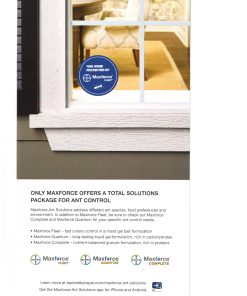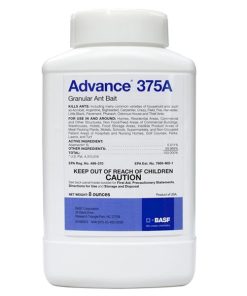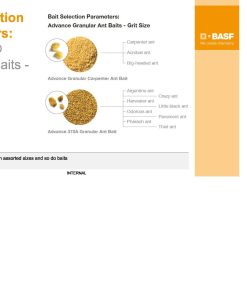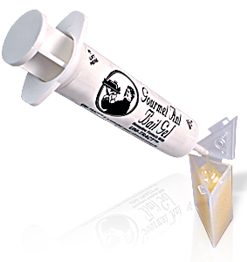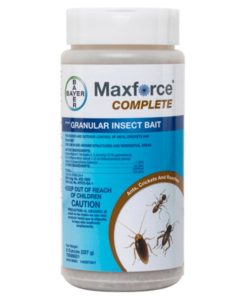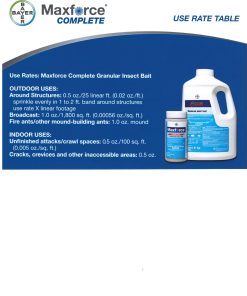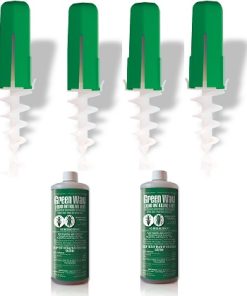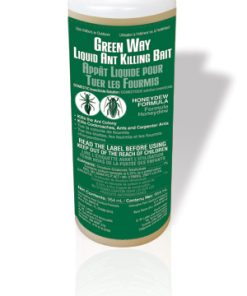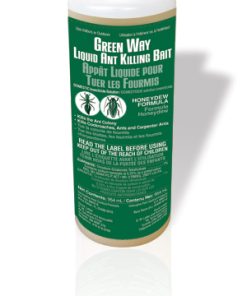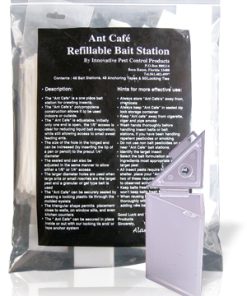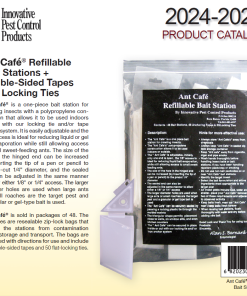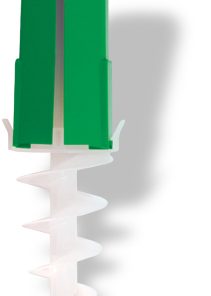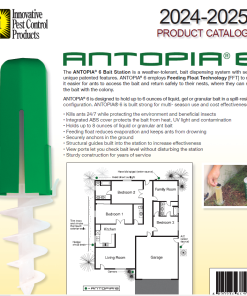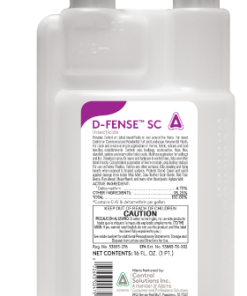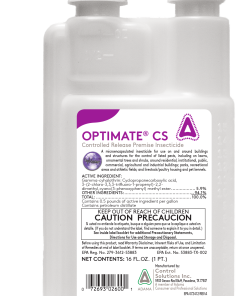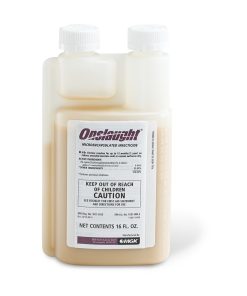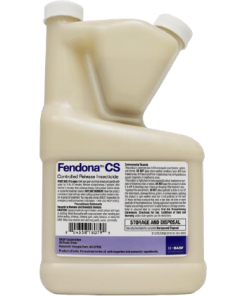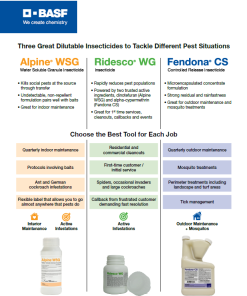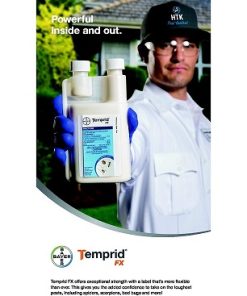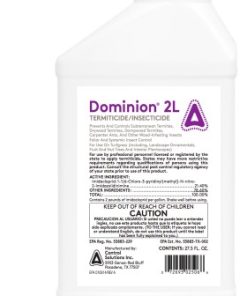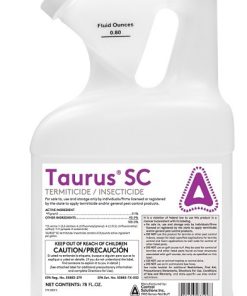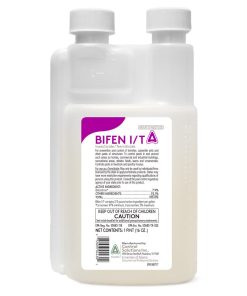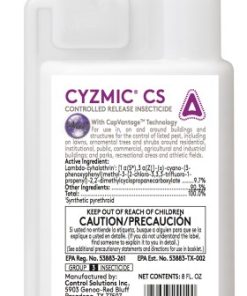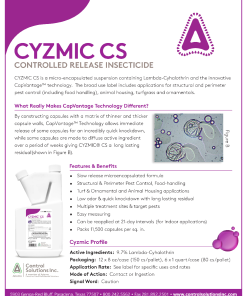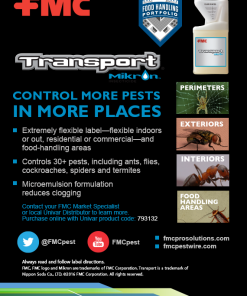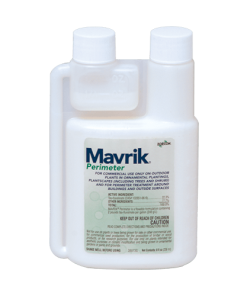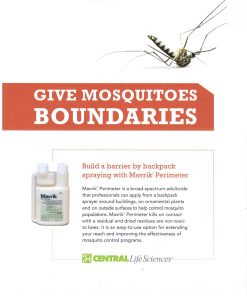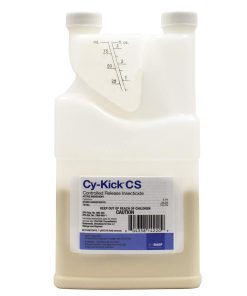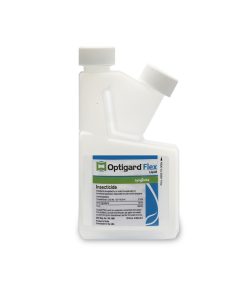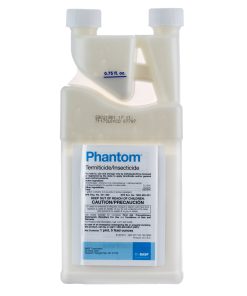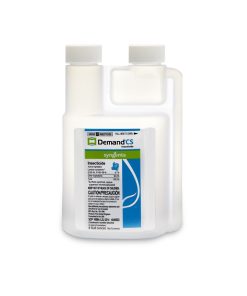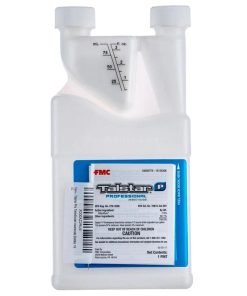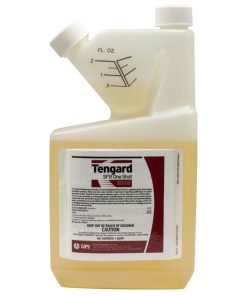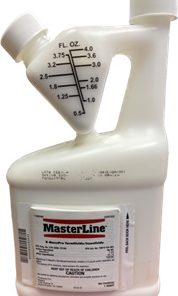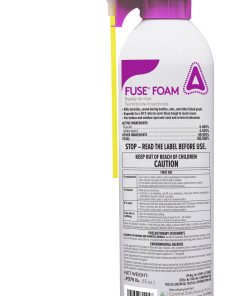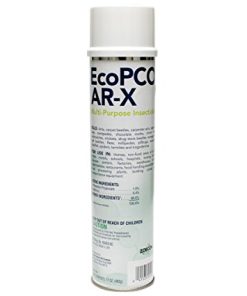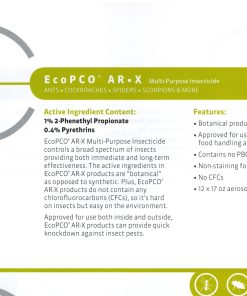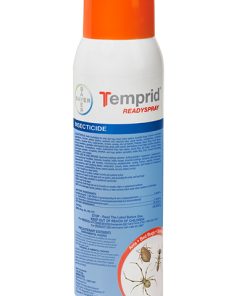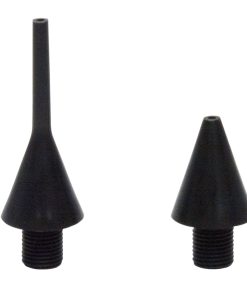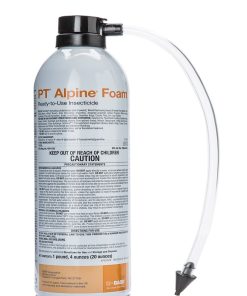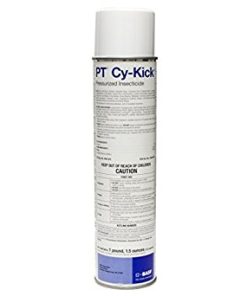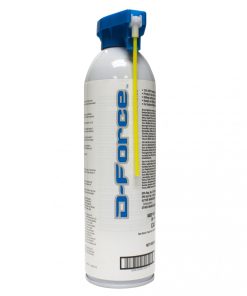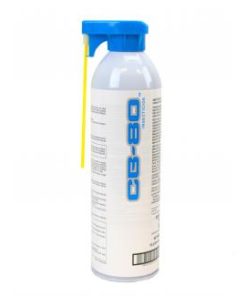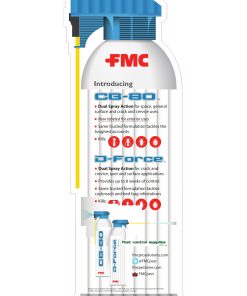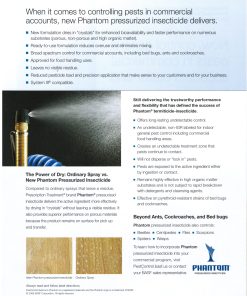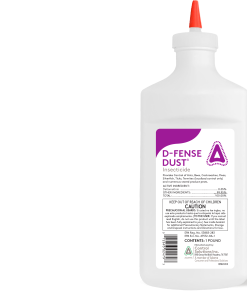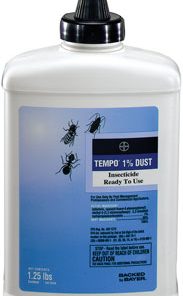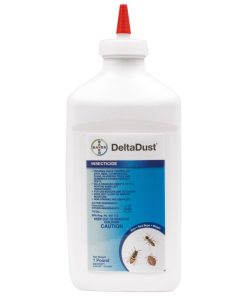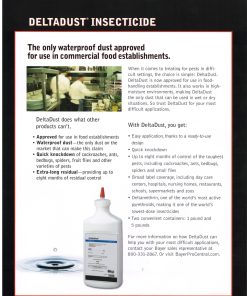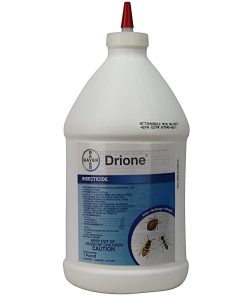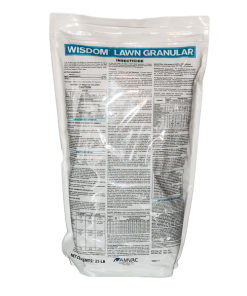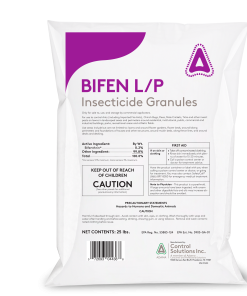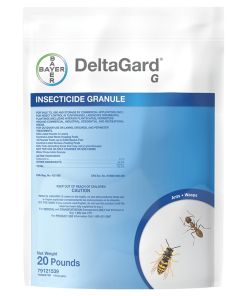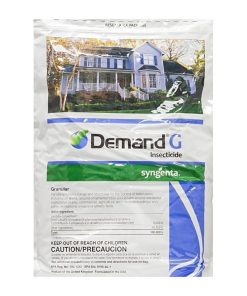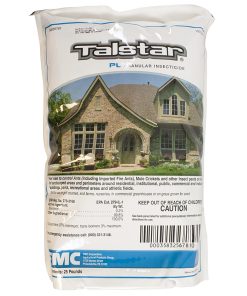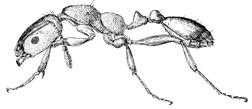
Pharaoh workers are very small (about 1/16-inch long), light yellow to reddish brown in color with the abdomen (hind portion of body) somewhat darker. This ant is often confused with the thief ant which is also a small, yellow ant with two nodes. The pharaoh ant’s antenna has 12 total segments and ends in a 3-segmented club. The thief ant’s antenna has only 10 total segments which ends in a 2-segmented club.
Habitat and Behavior
Mature colonies contain several queens, winged males, sterile females or workers, eggs, larvae, and pupae growing to as large as 300,000 or more members. Periodically a queen, together with a few workers carrying immatures (eggs, larvae and pupae), leaves the nest and sets up a new colony elsewhere, quickly spreading an infestation. This behavior pattern is known as “satelliting,” “fractionating” or “budding” where part of the colony migrates to a new location rather than by single females dispersing after a reproductive swarm. Budding may occur due to overcrowding, seasonal changes in the building’s central heating and cooling system or application of a repellent pesticide. Nests are often so small it can be contained in a thimble, located between sheets of paper, in clothing or laundry, furniture, foods, etc. Nests usually occur in wall voids, under floors, behind baseboards, in trash containers, under stones, in cement or stone wall voids, in linens, light fixtures, etc. They prefer dark, warm areas near hot water pipes and heating tapes, in bathrooms, kitchens, intensive care units, operating rooms, etc. They are “trail-making” ants and often are found foraging in drains, toilets, washbasins, bedpans and other unsanitary sites as well as in sealed packs of sterile dressing, intravenous drip systems, on surgical wounds, food and medical equipment. They are more active at night than in the day.
Pharaoh ants are usually much harder to control than other ants because of their ability to disperse. There may be dozens or hundreds of colonies in a single hospital and when a few colonies are missed during control, populations will quickly rebound. About 90 percent of the colony remains hidden in the nest so you will be incorporating a baiting program with only about 10 percent of the colony. Control is difficult and often long term (months to years), depending on the building size, wall voids, etc., especially in hospitals and food plants. Complete cooperation from the property manager and residents is essential for a successful control program. The main factor in the success of a Pharaoh ant management program is to eliminate as much potential food and water as possible on which ants could feed. Good sanitation forces the foraging workers to be more responsive to your baits! Conventional contact pesticide applications especially repellent products such as pyrethrins may spread infestations to new areas with multiple colonies blossoming within the structure. These ants will avoid certain pesticides. For effective control you need to incorporate the use of baits such as Maxforce Complete, Maxforce Gel, Gourmet Ant Bait Gel, Gourmet Liquid Ant Bait Stations, or Advance 375A. These baits can be applied to areas where ants are foraging and/or nesting.
Spray Concentrates
Best Sellers for Ants
Spray Concentrates
Ant Baits
Aerosols & Ready To Use Products
Spray Concentrates
Ant Baits
-These different baits are labeled for most all common household ants.
Ant Baits
Ant Baits
Ant Baits
Ant Baits
Ant Baits
Ant Baits
Ant Baits
Ant Baits
Ant Bait Kits
Ant Baits
Insect Bait Stations for Ants
Insect Bait Stations
Bait Insecticides
Insecticide Concentrates for Ants
– These concentrates are mixed with water and used in a compressed hand held sprayer to make your application.
Spray Concentrates
Spray Concentrates
Spray Concentrates
Spray Concentrates
Spray Concentrates
Spray Concentrates
Spray Concentrates
Spray Concentrates
Spray Concentrates
Spray Concentrates
Cyzmic CS Micro encapsulated insecticide 8 oz. (Same as Demand CS)
Spray Concentrates
Spray Concentrates
Spray Concentrates
Spray Concentrates
Spray Concentrates
Spray Concentrates
Spray Concentrates
Spray Concentrates
Spray Concentrates
Spray Concentrates
Spray Concentrates
Spray Concentrates
Spray Concentrates
Spray Concentrates
Spray Concentrates
Aerosols & Ready to Use Products for Ants
These “ready to use” products are convenient and great for a contact kill and great for flushing out insects. Most offer great residual properties as well.
Aerosols & Ready To Use Products
Aerosols & Ready To Use Products
Aerosols & Ready To Use Products
Aerosols & Ready To Use Products
Aerosols & Ready To Use Products
Aerosols & Ready To Use Products
Aerosols & Ready To Use Products
Aerosols & Ready To Use Products
Aerosols & Ready To Use Products
Aerosols & Ready To Use Products
Aerosols & Ready To Use Products
Aerosols & Ready To Use Products
Dusts for Ants
Dusts are usually used to treat into cracks and crevices (such as in the crack between the wall baseboard and floor), in wall voids, cavities, attics or crawl spaces. Be sure that there is proper ventilation in the room and that you don’t over dust or dust in areas accessible by people.
Dust Insecticides
Dust Insecticides
Dust Insecticides
Dust Insecticides
Insecticide Granules for Ants
These “ready to use” granular crystals are convenient and great for a contact kill and have a great residual properties for the exterior. They fall down into and under landscape material such as turf, rock or mulch to target problem ants.
Insecticide Granules
Insecticide Granules
Insecticide Granules
Insecticide Granules
Insecticide Granules
Carefully examine the building inside and outside from the roof to the basement, finding the ant distribution, population size and food sources. Locate ant trails, following them to where feeding occurs. A single stream of ants moving in one direction may indicate colony movement, not foraging. In the winter, these ants tend to concentrate near and around heat, whereas in the spring and summer they move to the outside walls and distribute themselves throughout the building. Carefully check areas with moisture such as pipes, faucets, air conditioners, refrigerators, drains, leaking roofs, etc.

